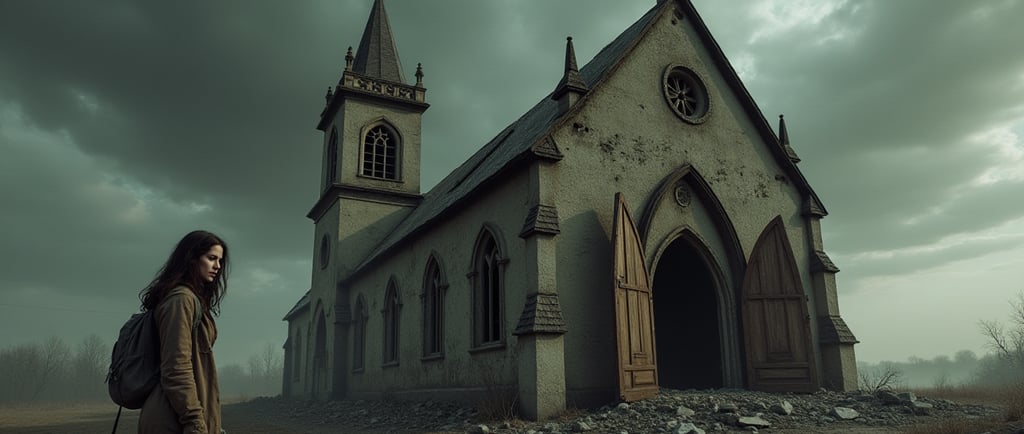The Church Refugee's Guide to Belonging


"Jesus said to them, 'It is not those who are healthy who need a physician, but those who are sick; I did not come to call the righteous, but sinners.'" - Mark 2:17 (NASB)
I became a church refugee on a Sunday morning in October, sitting in a pew where I'd sat for three years, suddenly feeling more alien than I'd ever felt anywhere in my life. The final straw wasn't theological disagreement or moral failure—it was the crushing realization that I'd been performing belonging rather than experiencing it.
Maybe you're reading this from your own place of spiritual displacement. Maybe you've left or been pushed out or simply drifted away from the community that once defined your identity. Maybe you're discovering that church hurt is a real thing, that spiritual communities can wound as deeply as they heal.
The word "refugee" means someone forced to leave their country to escape danger or persecution. Sometimes the danger isn't physical—it's the slow suffocation of being in a place where your questions aren't welcome, where your struggles are met with platitudes, where your authentic self feels more like a liability than a gift.
But here's what I've learned in my years as a church refugee: Jesus was remarkably comfortable with displacement. His ministry happened more often outside synagogues than inside them. He seemed more at home with outcasts than insiders, more interested in the margins than the center.
Brennan Manning wrote, "The ragamuffin gospel reveals that Jesus forgives sins, including the sins of the godly, that He is comfortable with sinners who remember they are sinners, and that He actually prefers the messy, the misfits, and the outliers." What if your displacement has actually positioned you closer to the heart of the gospel?
Belonging doesn't require a membership card or perfect attendance. It doesn't demand theological agreement or spiritual performance. Sometimes the most authentic community happens in coffee shops with other refugees, in late-night conversations with fellow wanderers, in the honest space where people can admit they're figuring it out as they go.
You haven't been exiled from God's presence—you've been freed from God's pretenders. Your displacement isn't disqualifying—it's positioning. The wilderness has its own congregations, its own liturgies, its own sacred rhythms.
If you're a church refugee, know this: your spiritual citizenship was never dependent on institutional membership. You belong to something larger and older and more mysterious than any organization. Welcome to the communion of the genuinely seeking, the fellowship of the authentically struggling, the church that gathers wherever two or three are brave enough to be real together.
